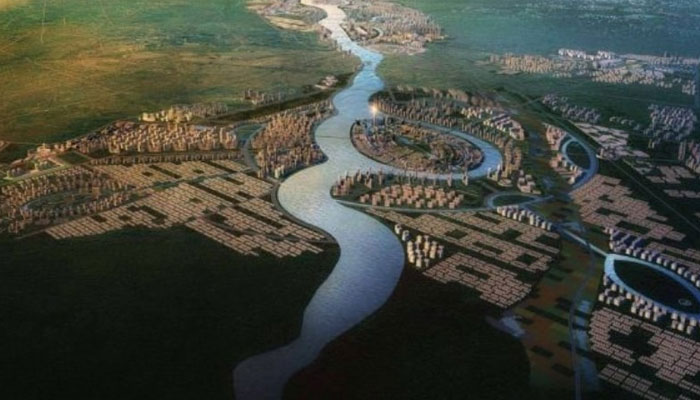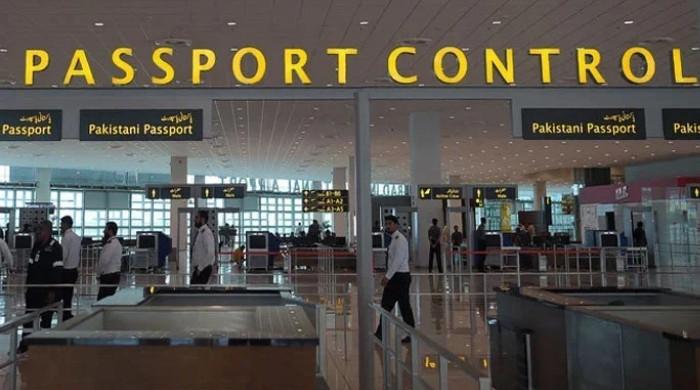HRW urges Pakistan to protect citizens’ rights amid infrastructure project
HRW calls on authorities to enforce environmental protections and reform colonial-era laws
April 11, 2023

The Human Rights Watch urged the government of Pakistan to protect citizens’ rights to land and livelihood as it develops a new infrastructure such as the Ravi Riverfront Urban Development Project.
The rights watchdog, in a statement, shared that the authorities were “forcibly evicting thousands of farmers” for the project. It also called on authorities to enforce environmental protections and reform colonial-era laws that allow the government to acquire land for private and public use.
“Punjab provincial authorities have harassed and threatened area farmers to deprive them of their homes and livelihoods. The authorities need to ensure that government projects minimise displacement and loss of income, but also minimise environmental harm and flooding risks,” said Patricia Gossman, associate Asia director at Human Rights Watch.
The watchdog interviewed multiple families whose land and livelihood were taken away, leaving them impoverished and insecure.
“Pakistani authorities urgently need to reform colonial-era land laws to ensure that its laws are equitable, transparent, and in line with Pakistan’s international obligations. The government has an obligation to compensate for loss of land and provide for the resettlement and rehabilitation of those displaced,” Gossman said.
The watchdog stated that the “government has acted on behalf of private developers” to seize the land in the area. It added that the farmers that challenged the authority faced intimidation and criminal charges.
On the other hand, environmental groups are fearful that the project would change the flow of the river which may “significantly increase the risks of flooding”.









